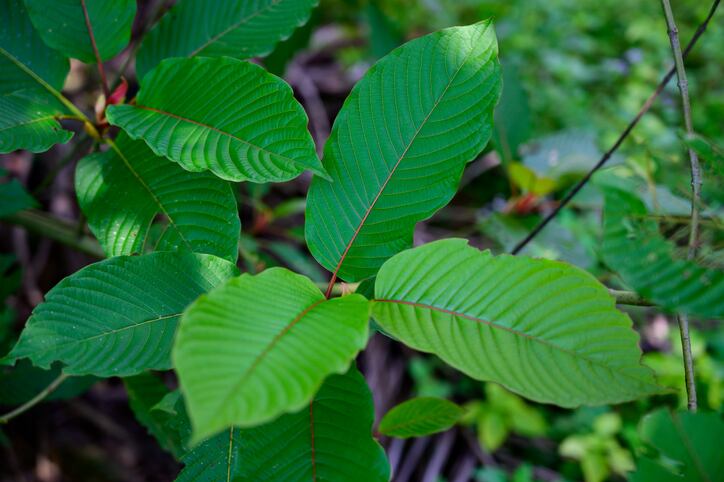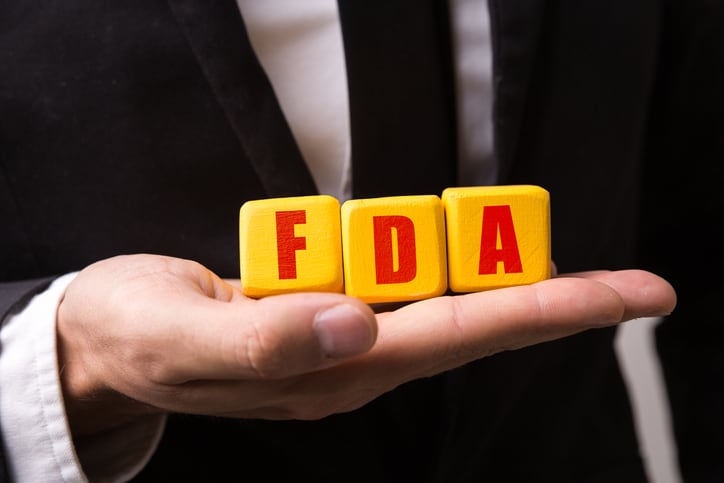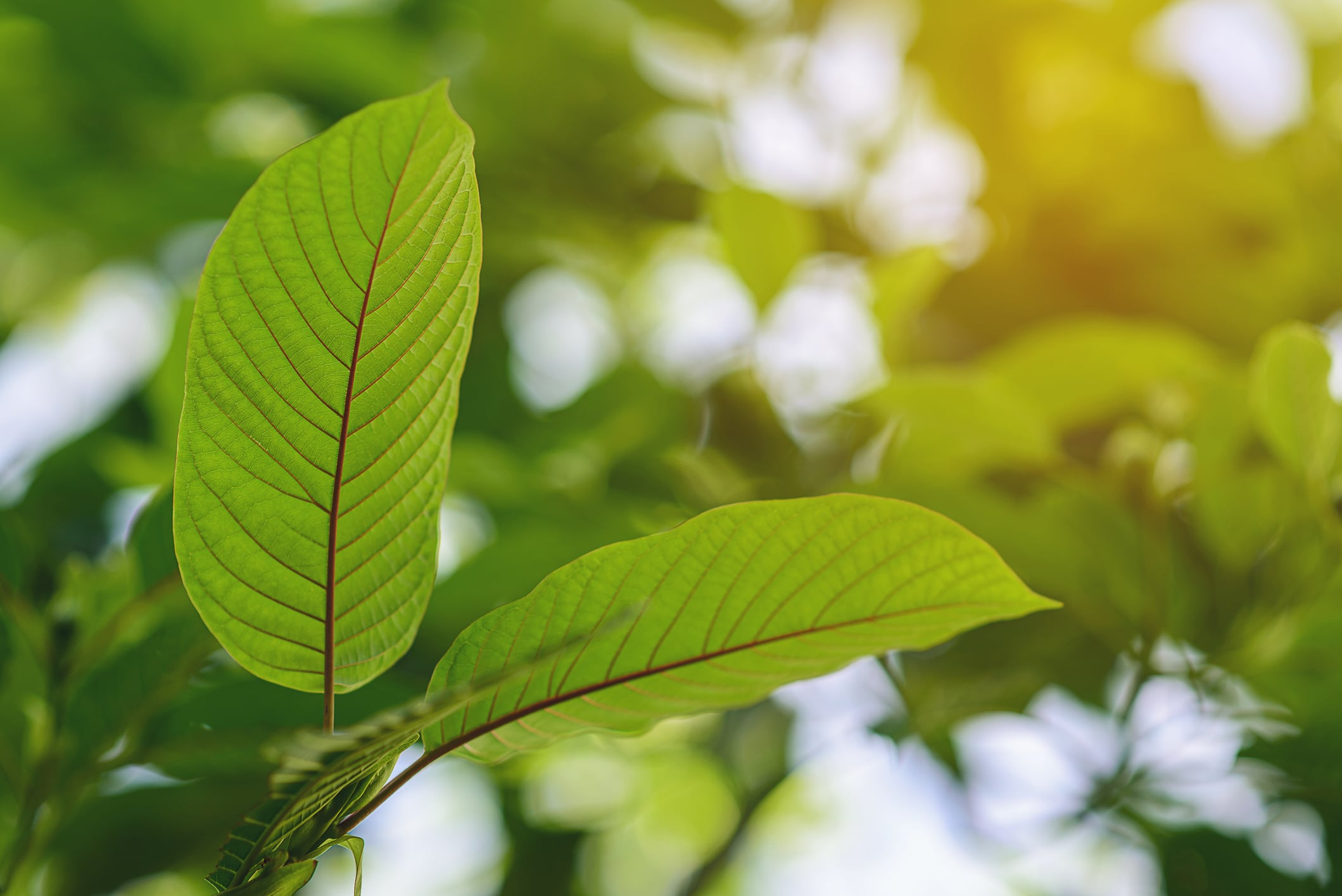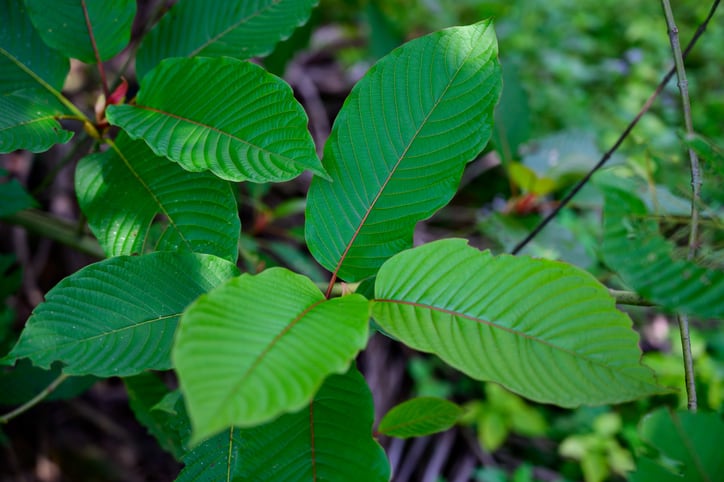FDA sent out the request on July 24, with an original deadline for comment set for Aug. 9. The request covers seven ‘drug’ substances, including a synthetic cannabinoid and several new and older compounds that have been reported on the market as designer drugs.
It also includes two substances more familiar to the dietary supplement industry: kratom and phenibut. The input FDA gathers will be forwarded on to the World Health Organization in an effort to decide if international restrictions should be placed on the substances.
AKA wins comment reprieve
The American Kratom Association filed suit in federal court to have the deadline extended, contending that the original comment window was too short for many academics to respond in time. AKA senior public policy fellow Mac Haddow said the suit was dropped after FDA agreed to extend the comment period to today’s deadline. AKA claims on its website that more than 50,000 comments have now been submitted to FDA.
An effort had already been made in 2016 to add mitragynine and 7-hydroxymitragynine, the main psychoactive constituents of kratom, to the Drug Enforcement Administration’s schedule one list of controlled substances on an emergency basis. That effort was rescinded after a sharp reaction, including letters from nine US Senators and 45 US Representatives, who saw the emergency scheduling attempt as an abuse of regulatory power and a thwarting of due process.
Threat of eventual schedule one listing
Haddow emphasized how important it was for kratom stakeholders to comment, because the WHO effort could result in the scheduling of kratom, the opposition of lawmakers on Capitol Hill notwithstanding.
“According to our international treaties, if the UN were to accept a determination from the WHO, we would be obligated in the US to proceed with scheduling kratom,” Haddow told NutraIngredients-USA.
FDA has maintained a vigorous enforcement stance against the botanical. An import alert was issued on kratom in 2016, and in May 2021 the Agency seized $1.3 million in ‘adulterated’ dietary supplements containing the botanical. But if the demand for kratom testing is any judge, the trade continues to grow despite FDA’s enforcement efforts.
Haddow said his organization has worked toward better quality control for kratom products. AKA advocates for compliance with GMP rules for supplements, and there seems to be a thriving market for testing services.
Demand for testing services
“My suspicion is that it gets tested less frequently than cannabis or chamomile. Those in the kratom market seem to desire a little less exposure than other plants. That said, kratom was one of our top tested botanicals in 2019 and 2020, mostly for the quantification of the primary alkaloid Mitragynine (a stimulant). Since then, though, the amount of testing we have done has declined, which leads me to believe people are lab shopping, with the best price now more important to the client than quality,” said Alkemist Labs CEO Elan Sudberg.
When kratom tests are done at Alkemist Labs, which is based in Garden Grove, CA, Sudberg said clients seem to be willing to pay for a thorough job.
“In our experience, the folks having us test their kratom go above and beyond 'those chamomile guys' and allow us to deploy the full orthogonal approach leaning on two forms of identity testing (microscopy and HPTLC) and HPLC to quantify the alkaloid of desire. Perhaps since kratom has been so controversial they just want as much supportive positive documentation as possible,” he said.
James Neil Kababick, founder and director of Grants Pass, OR-based Flora Research Laboratories, concurred, saying that full workups on kratom were the norm.
“We provide quantitative analysis of mitragynine and 7-OH-mitragynine by LCMS, identity by HPTLC and microscopy, heavy metals, solvent residues (for extracts), pesticide residues, ash and acid insoluble ash,” Neil Kababick said.
Santé Laboratories, based in Austin, TX, claims to have gone a step further in the characterization of ‘full spectrum’ kratom products.
Mike Sandoval, COO of Santé Laboratories, claims his company has successfully achieved chromatographic separation and identification of indole and oxindole alkaloids using Ultra-High Performance Liquid Chromatography (UHPLC) instruments. The analytical method was developed and validated for quantification of indole and oxindole alkaloids such as mitragynine, 7-hydroxymitragynine, paynantheine, speciogynine, speciociliatine, mitraphylline, isorhynchophylline, and rhynchophylline.
“Identification and characterization of these major and minor alkaloids will not only support efforts to standardize raw material and finished products for quality control purposes, but it will also help researchers and drug developers better understand the overall effects reported with kratom use,” Sandoval said.




